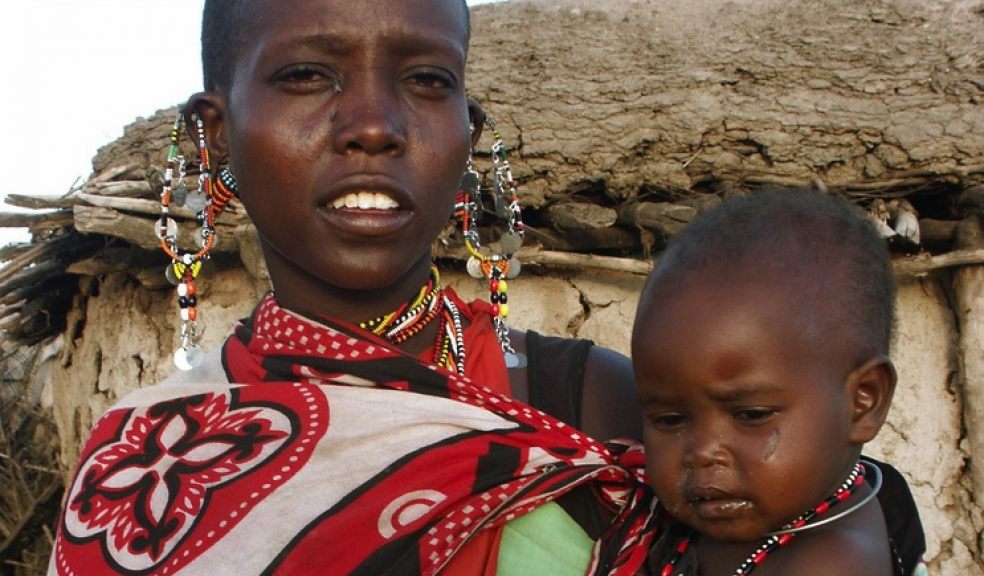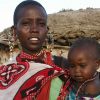
Breastfeeding saves lives says Save the Children
The lives of 95 babies could be saved every hour – 830,000 a year – if new mothers around the world breastfed immediately after giving birth, Save the Children have said.
In a new report, Superfood for Babies, the charity says that if babies receive colostrum – the mother’s first milk – within an hour of birth, it will kick start the child’s immune system, making them three times more likely to survive. And, if the mother continues feeding for the next six months, then a child growing up in the developing world is up to 15 times less likely to die from killer diseases like pneumonia and diarrhoea.
Save the Children says the enormous progress already made in reducing child mortality could be accelerated if more mums were encouraged to breastfeed.
Despite the startling statistics, global breastfeeding rates are stalling and actually declining across East Asia and in some of Africa’s most populous countries like Ethiopia and Nigeria. The prevalence of traditional practices as well as a severe shortage of health workers and examples of inappropriate marketing techniques by some baby milk substitute companies, have contributed to this.
Save the Children Chief Executive Justin Forsyth said: “Despite the benefits of breastfeeding being widely known in the developed world, and it being a free, natural way to protect a newborn baby, too little attention is being paid to help mums breastfeed in poorer countries.
The charity says four key factors are to blame:
- A lack of empowerment and education for women which means that some harmful traditional practises, which undermine mums breastfeeding their babies, are still rife. Instead of live-saving colostrum, in some places, newborn babies are fed coffee, shea butter or ash in their first hour of life.
- The severe shortages of midwives and of health workers in the developing world, which means that information on the benefits of breastfeeding is inadequate, and there is not enough support to help mums once they give birth.
- Lack of adequate maternity legislation which makes breastfeeding and returning to work a challenge. In reality most mothers living in developing countries do not have access to any paid maternity leave.
- Marketing practices by some breast milk substitute companies that can result in mothers believing that formula is the best way to feed their baby even if they are unable to afford it.
Superfood for Babies also highlights questionable marketing practices adopted by some breast milk substitute companies active in emerging markets. Asia is a lucrative new market for the industry which is already worth £16 billion and set to grow as whole by 31% by 2015. In East Asia and the Pacific, the number of breastfeeding mothers has fallen from 45% in 2006 to 29% in 2012.
New research by Save the Children in Asia found mothers who cited examples of marketing activity which violate the internationally agreed code for marketing of breast milk substitutes.
The charity says women who give birth with the help of skilled birth attendants are twice as likely to breastfeed in the first crucial hour and that plugging a critical gap of 3.5 million health workers would dramatically increase the number of breastfeeding mums.
The charity says that stopping children from dying from preventable disease and hunger is possible in our lifetime but only if world leaders step up their fight with greater funding for malnutrition, and breastfeeding in particular.
Mr Forsyth added: “The world is at tipping point and we could be the generation to stop children dying from preventable disease and malnutrition. This year’s G8 – with the UK in the driving seat – is a once in a lifetime opportunity to focus effort on a final push to end hunger.”
The aid agency is calling on:
The UK government to use its hunger summit and G8 presidency in June to fund nutrition work with breastfeeding as a core component and to encourage other world leaders to follow their example;
Other donor countries to step up their funding for nutrition;
For every developing world country to put in place plans to increase breastfeeding rates;
Breast milk substitute companies to increase health warnings that formula is inferior to breast milk to cover one-third of its packaging;
All governments to turn the International Code and subsequent Resolutions into law and ensure it is independently monitored and enforced.
For further information on how you can get involved and help Save the Children click here.














